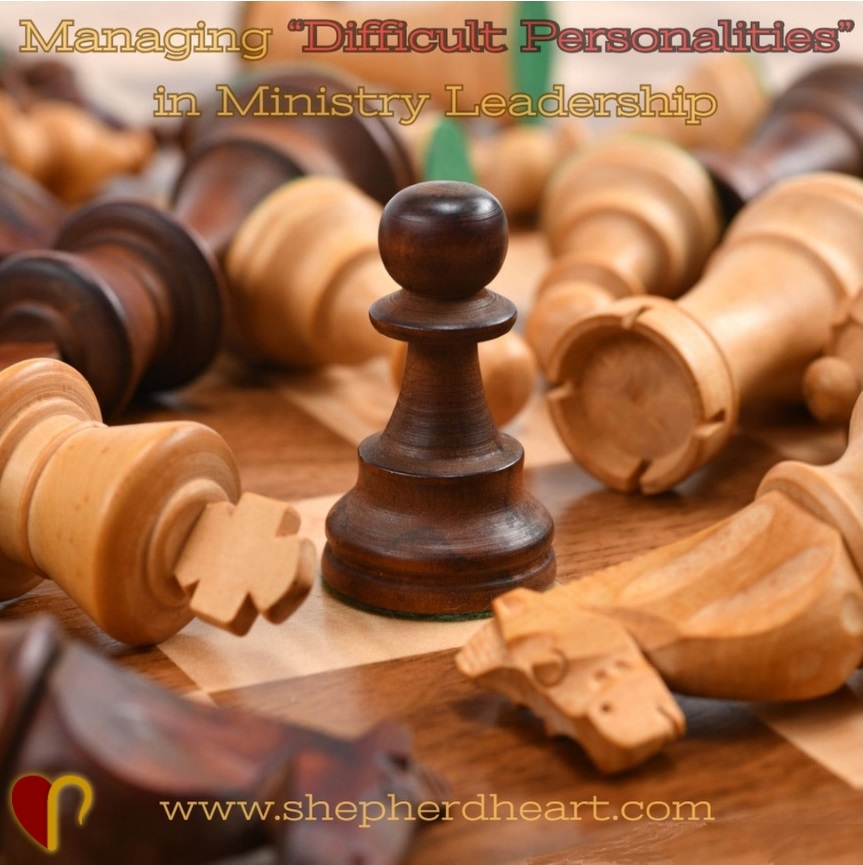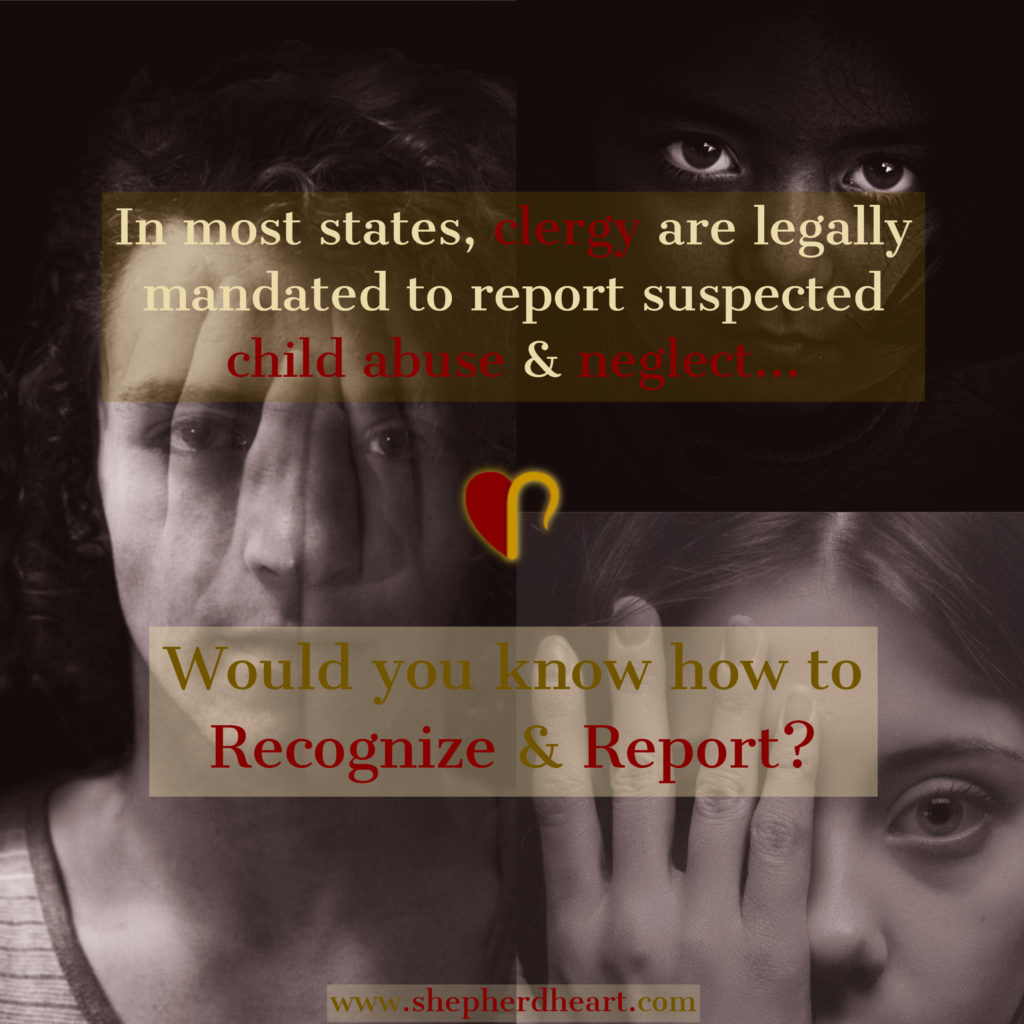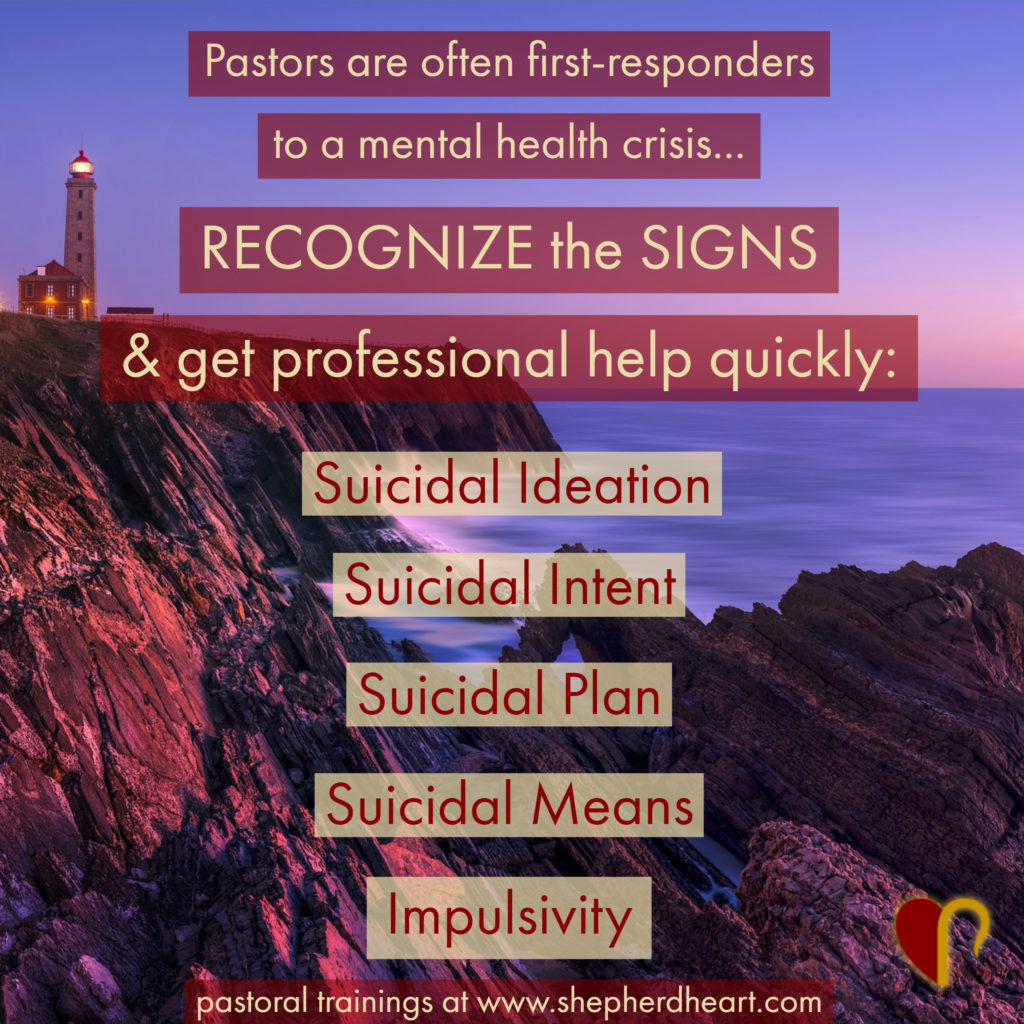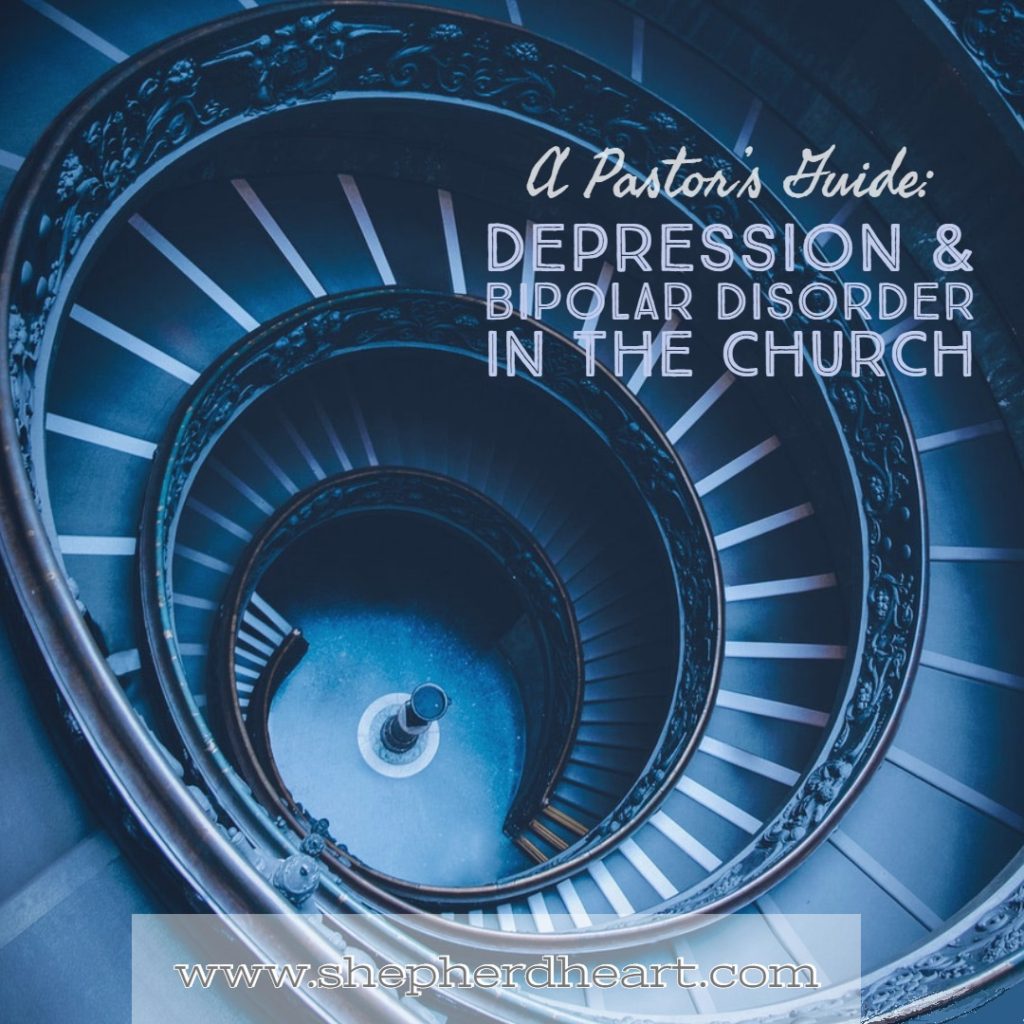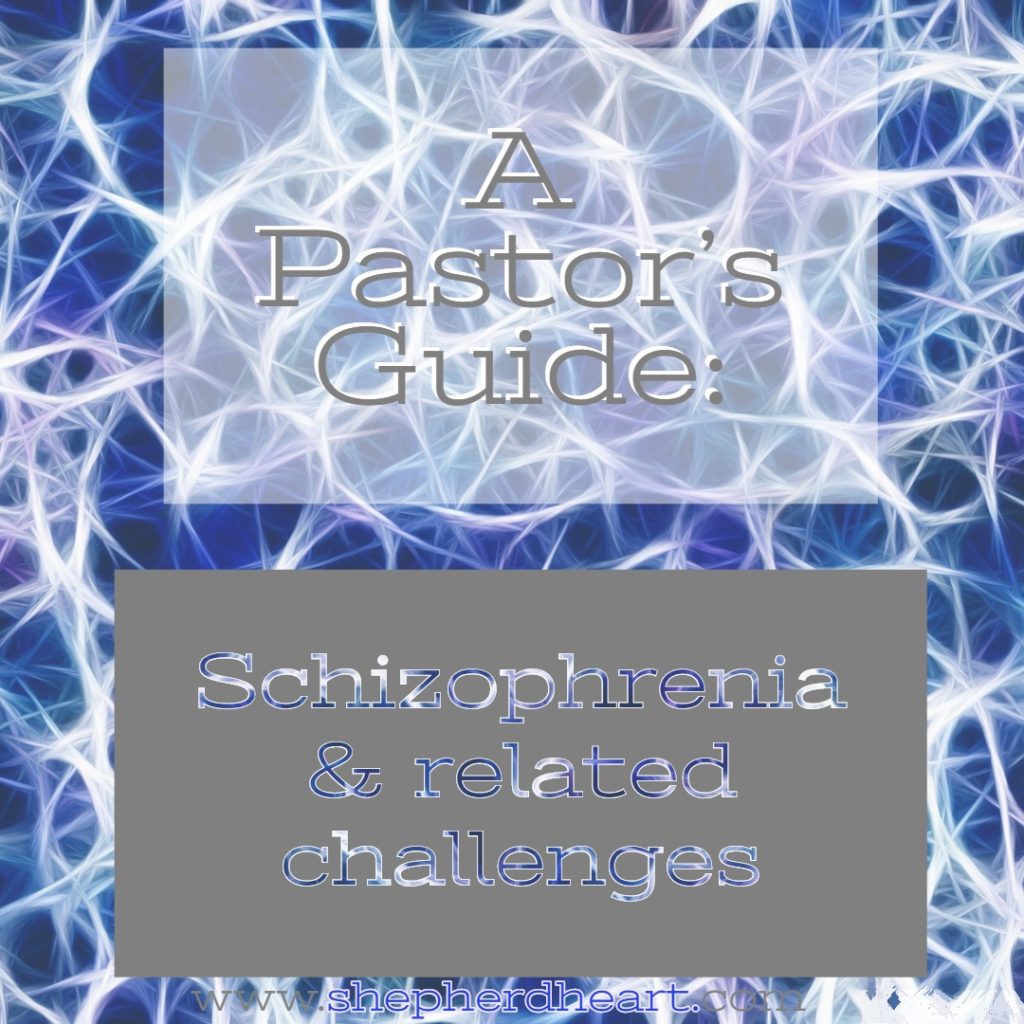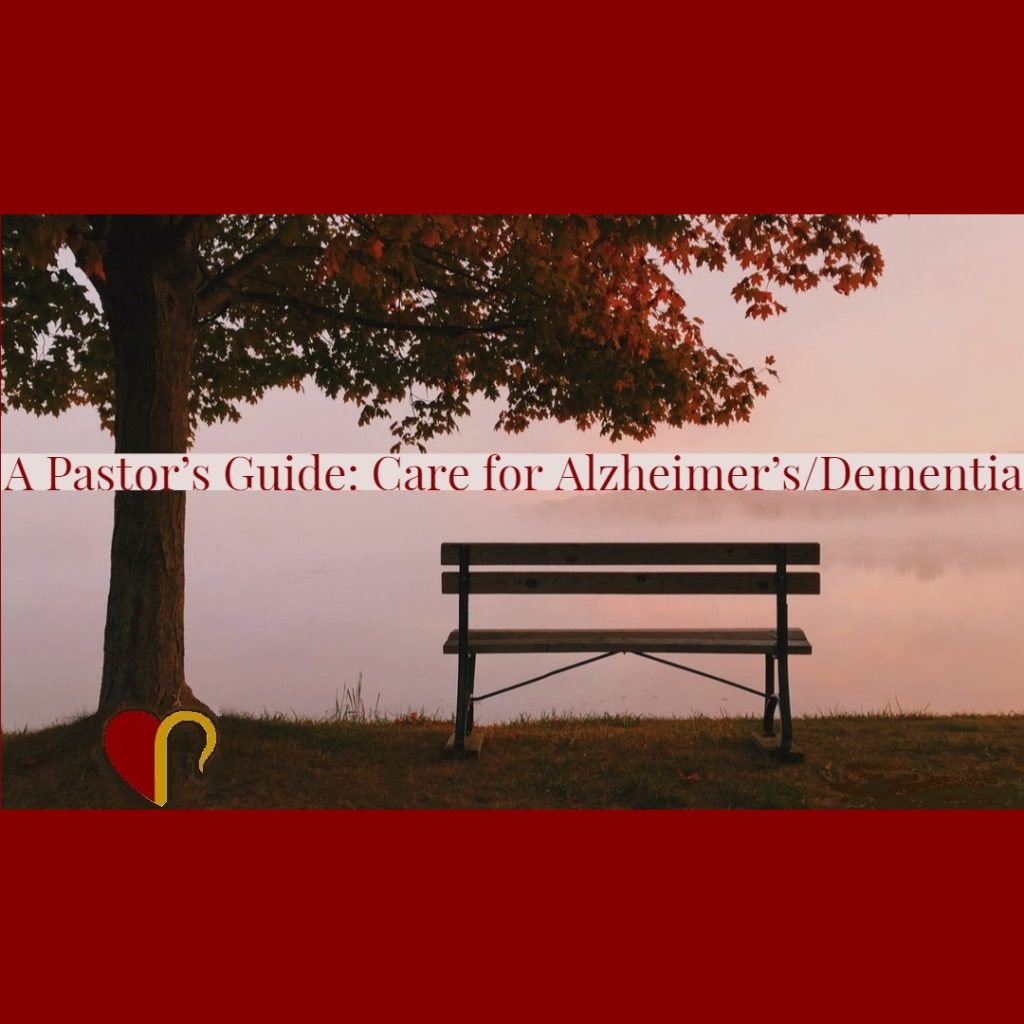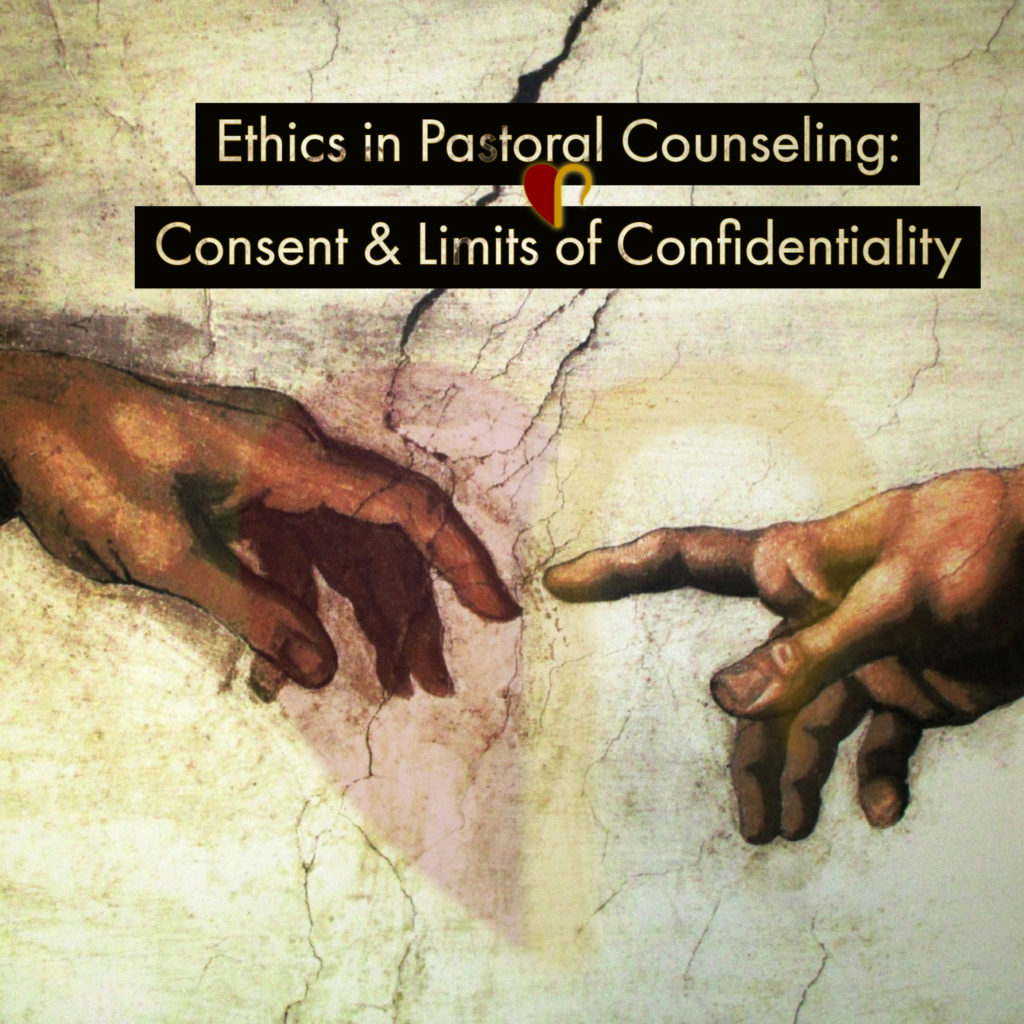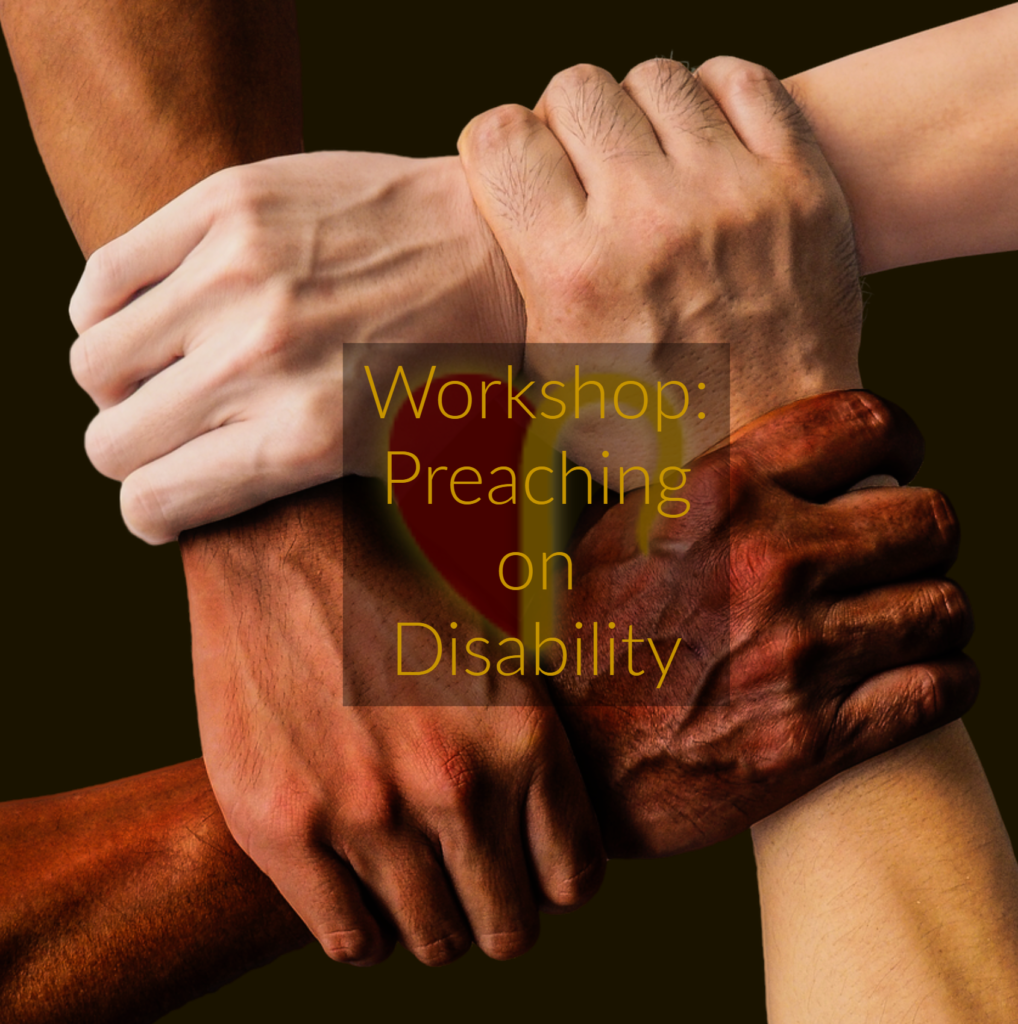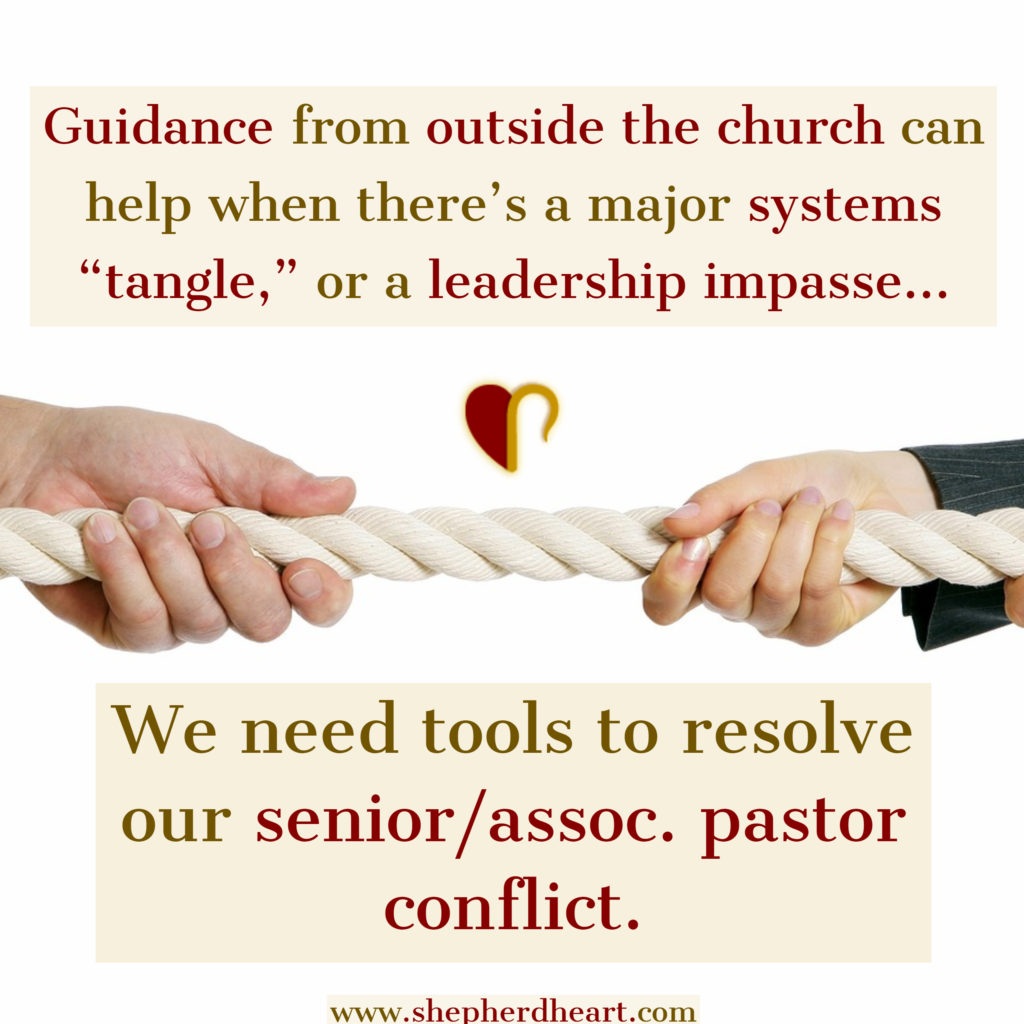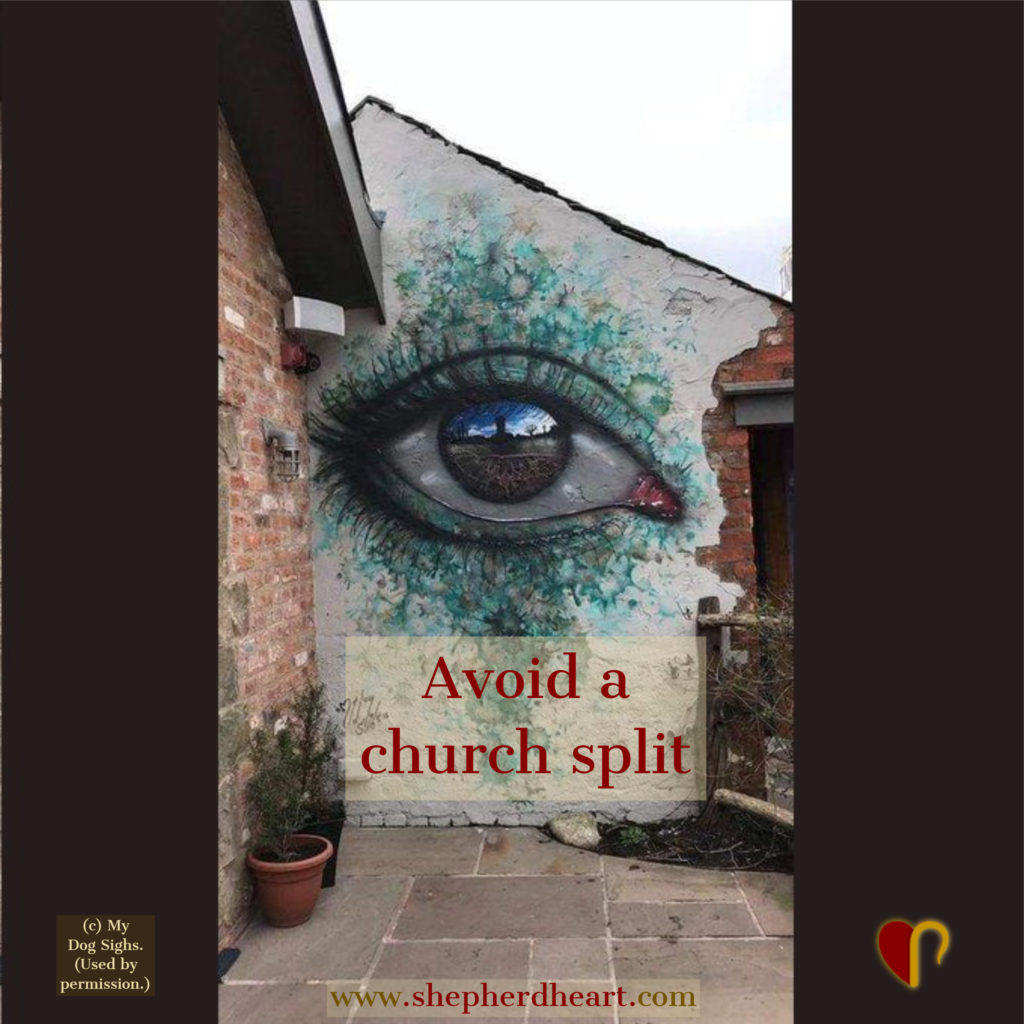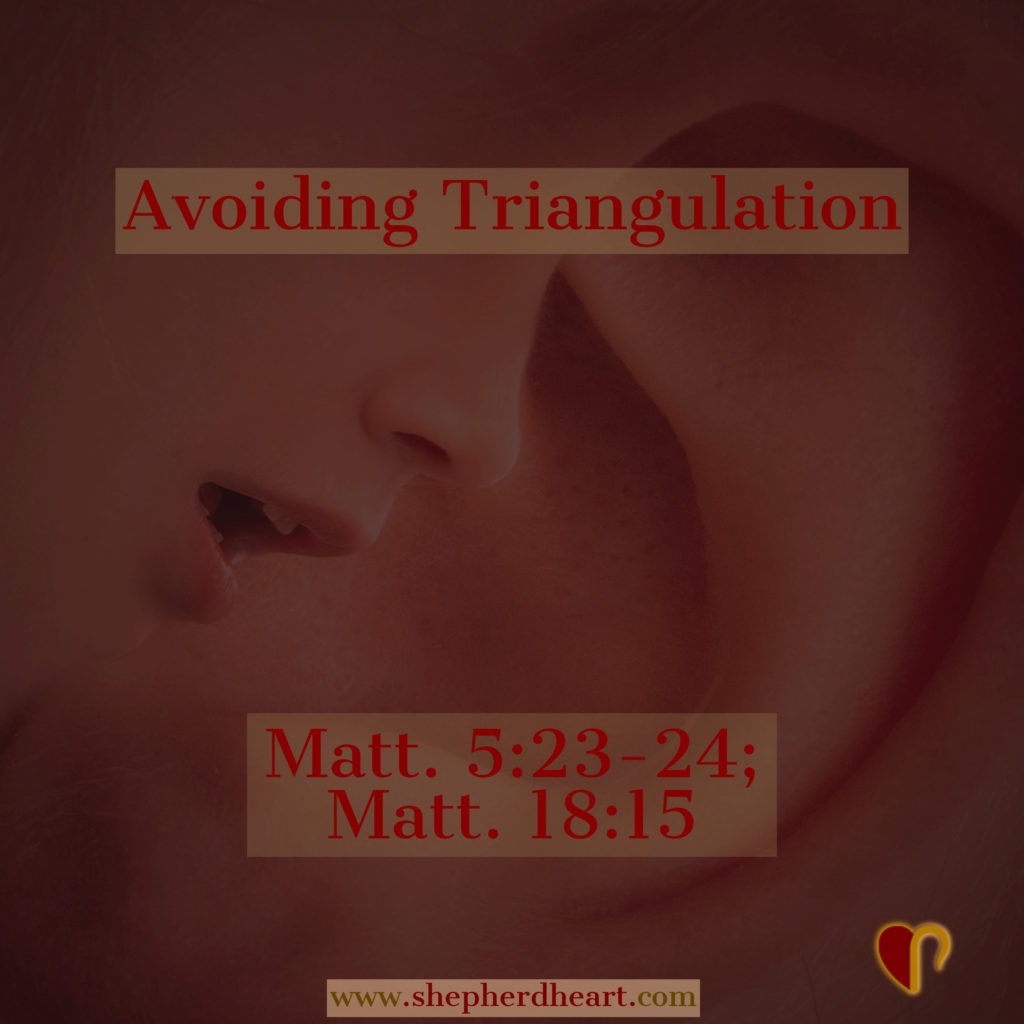
By Dr. Donna Minter
When terrible things happen, trauma strikes, and our peace is stolen from us. Most people want to build peace back into their lives and communities. However, as I learned from my mentor, Carolyn Yoder, many view trauma-healing and seeking peace as simplistic, warm and fuzzy. They assume that trauma-healing has little to do with realpolitik and no role to play in reducing violence. Yet trauma and violence are integrally linked. Violence causes trauma, and unhealed trauma can lead to revenge that causes violence, trauma, and loss of personal and community peace and security. Naming, understanding, and addressing psychological trauma and learning strategies to be active peacebuilders interrupts the transmission of trauma by subverting violence. This is peacebuilding.
As a licensed psychologist, I have been practicing neuropsychology and forensic psychology for over twenty years. I have witnessed thousands of patients and incarcerated people with serious unhealed individual and collective psychological trauma that has led to passive and active violence and trauma in their lives and communities. Their peace has been stolen from them. Unhealed psychological trauma is a public health epidemic that few people know how to talk about and are willing to acknowledge. Most people believe that if they ignore unhealed psychological trauma, it will eventually dissipate and peace will be restored. This is a false belief. As Fr. Richard Rohr reminds us, “Pain that is not transformed is transferred.” In brief, “hurt people, hurt people.” Even with a strong desire for peace to return to their lives, people stay stuck in their psychological trauma and it often surfaces in behaviors that hurt themselves and others. In contrast, healing and healthy power are restored when individuals and communities actively engage in strategies to build peace back into their lives.
As laypersons and leaders in the church, we have an essential role to demonstrate and teach others how to build peace into their lives and communities. Around the fourth century CE, Augustine of Hippo wrote that pastors have the following job responsibilities: Disturbers are to be rebuked, the low-spirited to be encouraged, the infirm to be supported, objectors confuted, the treacherous guarded against, the unskilled taught, the lazy aroused, the contentious restrained, the haughty repressed, litigants pacified, the poor relieved, the oppressed liberated, the good approved, the evil borne with, and all are to be loved. (Sermon CCIX) It’s that simple, and it’s that complicated.
Jesus was the master peacebuilder. He possessed keen insight into human behavior and relationships. He read people’s hearts and minds and responded to everyone he met in surprising, amazing ways. With an attentive, listening ear, an ability to interpret nonverbal communication, and a clear awareness of trauma’s effects on the human soul, he motivated others to turn their lives around to be their best for God’s kingdom. He transformed conflicts by negotiating relationships that ultimately benefited everyone. The Spirit leads us to choose narrow, often tenuous peacebuilding paths toward reconciliation, as described in Matthew 7:13-14: “For the gate is wide and the road is easy that leads to destruction, and there are many who take it. For the gate is narrow and the road is hard that leads to life, and there are few who find it.”
Following Jesus is about valuing all relationships and actively building peace in our spheres of influence. To build peace we foster self-awareness, identify feelings, practice the healthy ways to express emotions, learn to recognize the verbal and nonverbal emotions of others, listen to and connect with others empathetically even when we do not agree, and discover ways to balance human strengths with frailty. When we do this, we maximize the win-win potential in our relationships. With peacebuilding as a focus, we, as believers, are better able to, as theologian Palmer Becker so aptly put it, “keep Jesus as the center of our faith, community as the center of our life, and reconciliation as the center of our work.” When we consistently do this, we transform psychological trauma into nonviolent power toward peacebuilding for all.
Given the popularity of “trauma-informed care” in the past twenty years, it is
not surprising that there are now trainings for trauma-informed schools,
congregations, organizations, and corporations across the country. As we are
faced with the terrible things that happen in our families and communities,
being trauma-informed based solely the traditional medical model is limited at
best. It will not build the peace we crave. To be the change we want to see in
the world, we must follow the narrow path to become trauma-informed and
resilience-oriented with restorative justice strategies that lead toward
truth-telling, conciliation, and repair of relationship in our families,
neighborhoods, communities, school, organizations, and nation.
For the past 17 years, the Strategies for Trauma Awareness and Resilience – STAR Training has taught peacebuilding strategies for individual and collective psychological healing, conflict transformation, and reconciliation to over eight thousand people worldwide. STAR was developed at the Center for Justice and Peacebuilding at Eastern Mennonite University with a $2,000,000 grant from Church World Service in the wake of the September 11, 2001 tragedy. STAR integrates neuropsychology, trauma healing and resilience, restorative justice, nonviolent conflict transformation, and spirituality, setting the stage for the possibility of reconciliation that brings healing and peace to individuals and communities.
When we discover, learn, and practice peacebuilding, we more aptly move toward reconciliation—the center of our work—as Jesus calls us to do. Pastors, congregational lay leaders, and all of us who follow Jesus can find this small gate and walk the narrow road toward trauma healing and reconciliation with the greatest Psychologist as our guide in a world full of desperate need in and outside the church. This is Peacebuilding!
As a licensed psychologist, I have been practicing neuropsychology and forensic psychology for over twenty years. I have witnessed thousands of patients and incarcerated people with serious unhealed individual and collective psychological trauma that has led to passive and active violence and trauma in their lives and communities. Their peace has been stolen from them. Unhealed psychological trauma is a public health epidemic that few people know how to talk about and are willing to acknowledge. Most people believe that if they ignore unhealed psychological trauma, it will eventually dissipate and peace will be restored. This is a false belief. As Fr. Richard Rohr reminds us, “Pain that is not transformed is transferred.” In brief, “hurt people, hurt people.” Even with a strong desire for peace to return to their lives, people stay stuck in their psychological trauma and it often surfaces in behaviors that hurt themselves and others. In contrast, healing and healthy power are restored when individuals and communities actively engage in strategies to build peace back into their lives.
As laypersons and leaders in the church, we have an essential role to demonstrate and teach others how to build peace into their lives and communities. Around the fourth century CE, Augustine of Hippo wrote that pastors have the following job responsibilities: Disturbers are to be rebuked, the low-spirited to be encouraged, the infirm to be supported, objectors confuted, the treacherous guarded against, the unskilled taught, the lazy aroused, the contentious restrained, the haughty repressed, litigants pacified, the poor relieved, the oppressed liberated, the good approved, the evil borne with, and all are to be loved. (Sermon CCIX) It’s that simple, and it’s that complicated.
Jesus
was the master peacebuilder. He possessed keen insight into human behavior and
relationships. He read people’s hearts and minds and responded to everyone he
met in surprising, amazing ways. With an attentive, listening ear, an ability
to interpret nonverbal communication, and a clear awareness of trauma’s effects
on the human soul, he motivated others to turn their lives around to be their
best for God’s kingdom. He transformed conflicts by negotiating relationships
that ultimately benefited everyone. The Spirit leads us to choose narrow, often
tenuous peacebuilding paths toward reconciliation, as described in Matthew
7:13-14: “For the gate is wide and the road is easy that leads to destruction,
and there are many who take it. For the gate is narrow and the road is hard
that leads to life, and there are few who find it.”
Following Jesus is about valuing all relationships and actively building peace in our spheres of influence. To build peace we foster self-awareness, identify feelings, practice the healthy ways to express emotions, learn to recognize the verbal and nonverbal emotions of others, listen to and connect with others empathetically even when we do not agree, and discover ways to balance human strengths with frailty. When we do this, we maximize the win-win potential in our relationships. With peacebuilding as a focus, we, as believers, are better able to, as theologian Palmer Becker so aptly put it, “keep Jesus as the center of our faith, community as the center of our life, and reconciliation as the center of our work.” When we consistently do this, we transform psychological trauma into nonviolent power toward peacebuilding for all.
Given the popularity of “trauma-informed care” in the past twenty years, it is
not surprising that there are now trainings for trauma-informed schools, congregations,
organizations, and corporations across the country. As we are faced with the terrible
things that happen in our families and communities, being trauma-informed based
solely the traditional medical model is limited at best. It will not build the
peace we crave. To be the change we want to see in the world, we must follow
the narrow path to become trauma-informed and resilience-oriented with
restorative justice strategies that lead toward truth-telling, conciliation,
and repair of relationship in our families, neighborhoods, communities, school,
organizations, and nation.
For the past 17 years, the Strategies for Trauma Awareness and Resilience – STAR Training has taught peacebuilding strategies for individual and collective psychological healing, conflict transformation, and reconciliation to over eight thousand people worldwide. STAR was developed with a $2,000,000 grant from Church World Service in the wake of the September 11, 2001 tragedy. STAR integrates neuropsychology, trauma healing and resilience, restorative justice, nonviolent conflict transformation, and spirituality, setting the stage for the possibility of reconciliation that brings healing and peace to individuals and communities.
When we discover, learn, and practice peacebuilding, we more aptly move toward reconciliation—the center of our work—as Jesus calls us to do. Pastors, congregational lay leaders, and all of us who follow Jesus can find this small gate and walk the narrow road toward trauma healing and reconciliation with the greatest Psychologist as our guide in a world full of desperate need in and outside the church. This is Peacebuilding!

Donna L. Minter, PhD, is a licensed psychologist specializing in neuropsychology and forensic psychology by conducting court-ordered evaluations. She is the founder and executive director of the Minnesota Peacebuilding Leadership Institute and is a member of Faith Mennonite Church in Minneapolis, Minnesota.

SCHEDULING NOW for November & December!
Schedule a training for your ministry team or leadership team.



